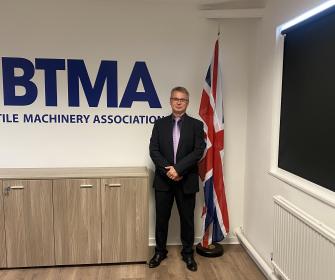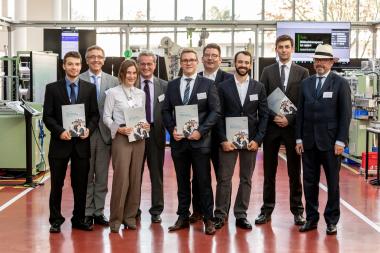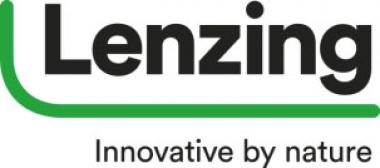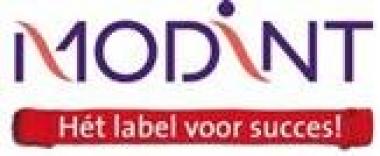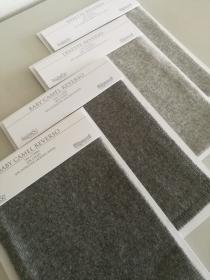NCTO's Statement on Global Supply Chain Crisis
The National Council of Textile Organizations (NCTO) President and CEO Kim Glas issued a statement following President Biden’s remarks on the global supply chain crisis and stressed the importance of investing onshoring and nearshoring:
"We appreciate President Biden’s call to ensure we are building more resilient and reliable supply chains and to invest in our manufacturing industries here at home, in his address earlier today.
There is a reason we got into this mess and there is a reason we have a global supply chain crisis. Years of offshoring production in a race to the bottom –exacerbated by predatory trade practices that have undermined so many manufacturing industries--has led to a tipping point. In fact, it was not too long ago that nurses in New York City and beyond were wearing garbage bags as gowns as our overreliance on Chinese production chains exposed severe fragilities in keeping our health care workers safe during the height of the pandemic.
China’s virtually unlimited and unrealistic pricing power coupled with its subsidies and lack of enforceable environmental standards strips benefits and undermines policy objectives, and leaves us in an untenable situation of overreliance on a foreign supply chain for critical products and raw materials. This must change.
We must hold China accountable for predatory trade practices that have offshored our industries and our jobs. We must onshore and nearshore more textile and apparel production chains out of Asia to the U.S. and also to Western Hemisphere trade partners. This has a multitude of benefits to ensure more reliability in production and also has remarkable job benefits to U.S. manufacturers and our allied trading partners who adhere to higher labor and environmental standards. Further, it will help address the migration crisis and grow better paying jobs.
Now is the time to we need to unlock long-term commitments to source product from the USA and from our Hemispheric partners. If we moved another 10 percent of global production to the U.S. and the Hemisphere, imagine the benefits that could be achieved. Ensuring further verticalization and investment in all aspects of the industry, from raw materials to finished products, is good for the American economy and workers in the U.S. and in the region.
Our industry stands ready to help and provide the solutions to onshore and nearshore these production chains that benefit manufacturing workers, the U.S. economy, our Western Hemisphere allies, and consumers. Further, onshoring and nearshoring these critical production chains has remarkable benefits for the environment and addresses the growing, systemic and alarming issues associated with climate change.
It is critical that supply chains mitigate risks so that we are never in this situation again. We appreciate President Biden recognizing the value of onshoring these critical production chains and stand ready to work with the administration in these efforts."
NCTO
NCTO
















